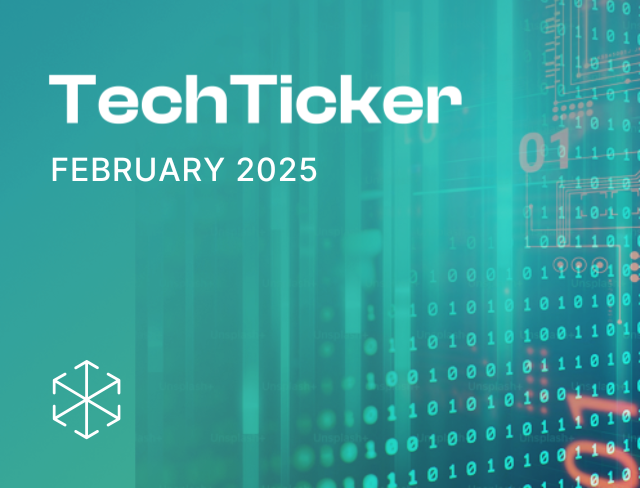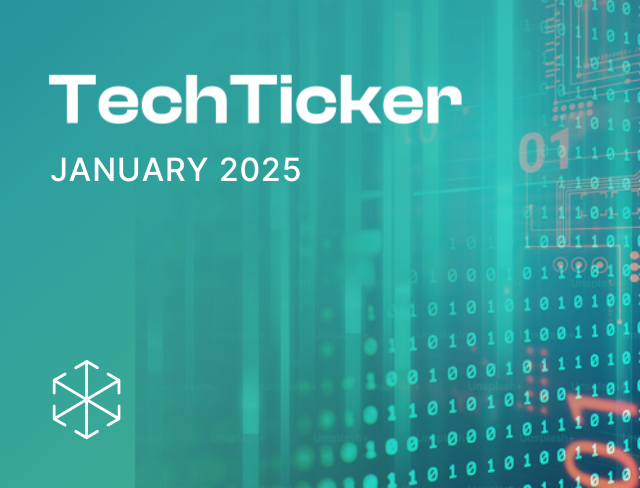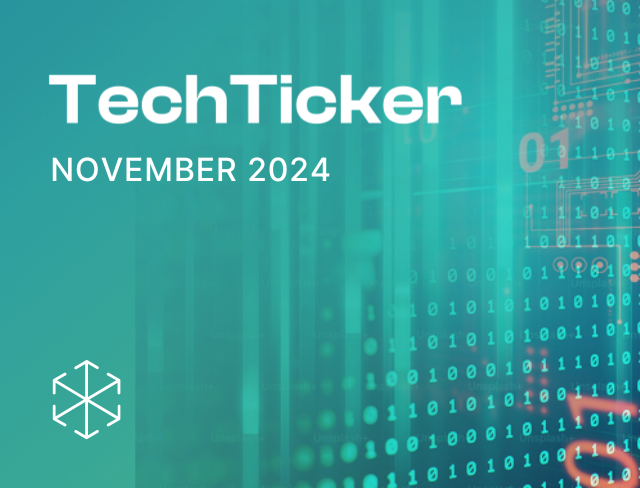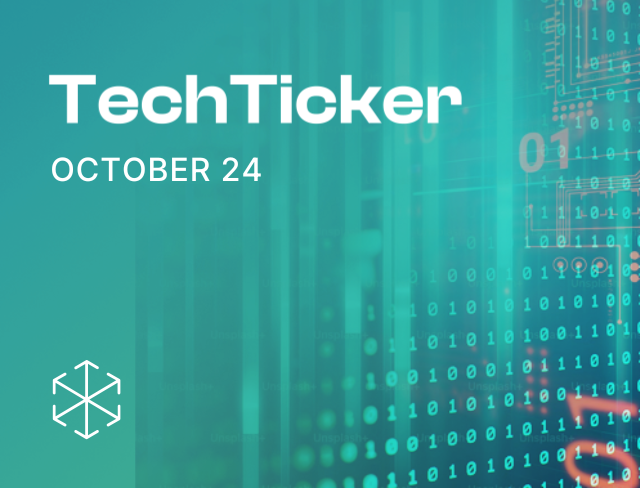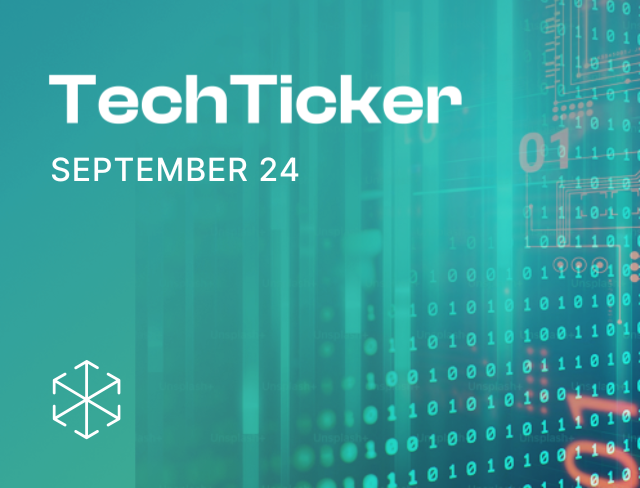
Here’s a 5-minute lowdown of what’s happened since the last time we spoke to you.
Et tu, Twitter?
Legally blown: Earlier in July, Twitter challenged the content takedown orders issued to it by the IT Ministry in the High Court of Karnataka. The case has been admitted by the High Court and will be next heard on 25 August. The High Court has also ordered Twitter to file the content takedown orders issued to it in a sealed cover – to ensure their confidentiality is maintained.
Twitter cited procedural deficiencies in issuing orders under the Information Technology Act, 2000 (IT Act) and violation of users’ right to freedom of speech as main grounds for the suit. The IT Ministry had asked Twitter to take down content/user accounts relating to the farmers’ protests and alleged mismanagement of Covid-19 by the Indian government. It gave Twitter an ultimatum to either comply with the orders or take on liability for user generated content on its platform.
Twitter’s rebuttal: Twitter said that most of the accounts and content ordered to be blocked were for arbitrary reasons. And that the takedown orders had no nexus with the ground for blocking content under Section 69A of the IT Act. Which only allows blocking in the interest of national security. Twitter also relied on the IT Ministry’s response to a Delhi High Court case stating that blocking of user accounts should be exercised as a last resort. Additionally, the Supreme Court of India in the Shreya Singhal v Union of India case upheld the government’s power to issue blocking orders on the rationale that there are ‘sufficient safeguards’ in place, such as prior notice, to protect users from free speech restrictions and prevent government misuse.
The larger tweet: This dispute brings to light critical questions relating to the government’s content blocking procedure. The decision in this case will impact the law relating to government takedown orders and intermediary safe harbour. The last few years have seen a steady increase in the government’s efforts to tighten regulations on social media and we’ve witnessed a few public standoffs between the two sides. It was inevitable that some thorny issues would eventually make it to court. Anyone with an interest in platform regulation should be watching this case. We certainly are.
The drugs and cosmetics law from the 1940s gets a makeover
New release on the bloc: On 08 July, the health ministry released the draft Drugs, Medical Devices, and Cosmetics Bill, 2022 to replace the Drugs and Cosmetics Act 1940. This draft bill aims to regulate different healthcare products such as medical devices, cosmetics, drugs, and Ayurveda, Unani, Siddha, Sow-Rigpa and Homoeopathy (AYUSH) products separately.
What’s happening? For each healthcare product, the draft bill establishes boards to encourage research and policy advisory. The draft bill also specifies licensing authorities, sets quality standards, addresses issues like misbranding and adulteration. Some of these entities already exist, while others are new. For instance, the draft bill establishes a new Medical Devices Technical Advisory Board for regulating medical devices. The draft bill removes medical devices from the definition of drugs, acknowledging the need to regulate them separately. Several penalties have also been enhanced.
Know your online sales: Under the proposed new law, entities must get licenses to sell/ stock drugs, etc online. Online sale of medicines has been a hot button issue for several years now, with retail chemists’ association rallying against online sales without licenses. Online pharmacies maintain that they are only intermediaries connecting licensed retailers with buyers. Cases are also pending across high courts. (See our timeline of India’s e-pharmacy story). In 2018, the health ministry released a draft set of rules to govern e-pharmacies, which remain on hold. The draft bill acknowledges online sales but does not account for the different business models of online sales of drugs, AYUSH products, and medical devices.
| Before you look through the next section, open a new window somewhere in the world. |
In case you missed it
Mercury is in retrograde for
- Data: On 03 August, Mr. Ashwini Vaishnaw, Union IT minister, withdrew the Personal Data Protection Bill 2019, which has gone through several iterations in the past 5 years, including recommendations from a Joint Parliamentary Committee. The IT ministry is now expected to come up with a new bill, which may also be opened for public consultations.
Stars have aligned for
- Competition: The Competition (Amendment) Bill 2022 was introduced in the Lok Sabha on 05 August. This bill does not introduce ex ante regulations or regulations which apply prospectively. It proposes a settlements and commitments framework where enterprises can settle competition cases out of court. It expands the scope of anti-competitive agreements, by covering agreements between parties that may not have a vertical relationship. And by introducing provisions on hub and spoke cartels. It proposes an INR 2000 crores deal value threshold – now, more deals are likely to come under the Competition Commission’s scrutiny. However, there was no movement on this bill, with the monsoon session of Parliament coming to an end on 08 August.
- Telecommunications: The Department of Telecommunications has invited comments on its consultation paper on the need for a new legal framework for telecommunications in India. The paper wants to simplify the telecom regulatory framework, including on spectrum management, right-of-way, process of mergers/acquisitions and restructuring, and penalties. Stakeholders can send their comments by 25 August 2022.
- Digital gaming: Noting that digital gaming is an important industry, Minister of State for IT, Mr. Rajeev Chandrashekhar, met with a group of gamers to discuss issues in the sector. Gamers called for regulating gaming content that may be harmful to women and drew attention to bans on games like chess in some states. They also flagged the need for self-regulation in the space. Mr. Chandrashekhar indicated that gamers’ views would be considered when drafting the upcoming digital gaming policy.
- Consumer protection: In May, the Department of Consumer Affairs (DoCA) and the Advertising Standards Council of India held a meeting with e-commerce players to discuss measures to curb fake reviews on e-commerce platforms. In the meeting, Rohit Kumar Singh, Secretary of DoCA noted that reviews play a decisive role in digital trade and e-commerce and that fake/misleading reviews also violate consumers’ right to information. The Central Consumer Protection Authority is in the process of drafting a framework to curb fake reviews on e-commerce platforms.
Top Ikigai reads of July:
- Nehaa and Sreenidhi write in the Times of India on what a new data law must have
- Anirudh and Nehaa write in the Times of India on the role of investors in creating a good corporate governance culture at startups
- Mayank and Anirudh write about privacy coins and their key regulatory concerns
- Aparna and Anirudh write about the regulatory compliances to launch a medicinal hemp product
That’s all from us, folks! We’d love to hear your thoughts on the top stories of the week and the new update to the tech ticker. Write to us at contact@ikigailaw.com.


